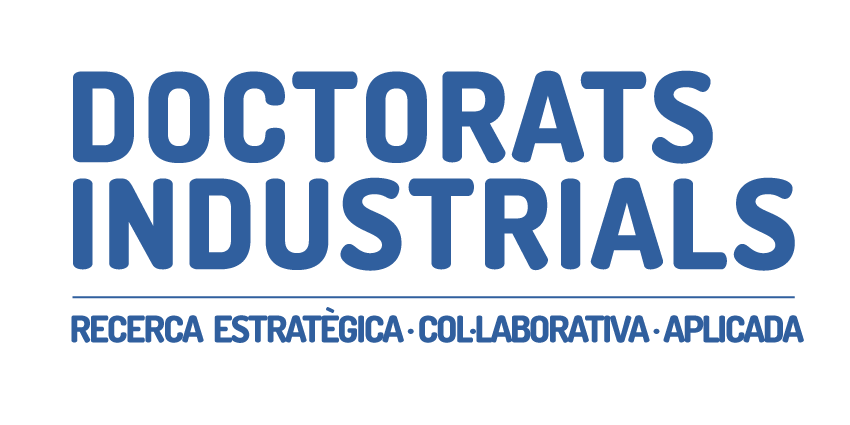Descripció del projecte
The development of smart and sustainable logistics and transportation (L&T) activities becomes significantly important for modern societies, especially considering the various economic, environmental, and social impacts. Related to the Sustainable Development Goals included in the “2030 Agenda for Sustainable Development”, the digitalization of L&T activities and, in general, of the entire supply chain is rising interest among researchers and companies worldwide. Digitalization implies using data analytics, machine learning methods, simulation techniques, and intelligent optimization algorithms to become more efficient and sustainable in a highly competitive environment. Among other advantages, digitalization allows companies to reduce their energetic dependency as well as their carbon footprint. The achievement of highly sustainable, efficient, and automated L&T activities also involves several research and development (R&D) challenges, including: (i) the design and effective implementation of information systems capable of sharing updated and valuable information across different departments and managerial levels; (ii) the definition and construction of appropriate Internet of Things (IoT) infrastructure and analytical tools that can not only describe the selected key performance indicators (KPIs), but also provide predictive models based on machine learning and simulation methods; and (iii) the development of intelligent optimization algorithms that can support automatized operations under uncertainty and dynamic scenarios, even in real-time when needed.
The fashion industry is a relevant and strategic one in Spain. This industry is one of the many that has been strongly affected by the COVID-19 pandemic, with a noticeable drop in worldwide sales. This project will contribute to the digital transformation of the productive model in the Spanish fashion industry and promote a more extensive penetration of technologies and tools such as IoT, data analytics, optimization-simulation, and artificial intelligence (AI), including machine learning. The project will focus on the following goals: (i) digitization, automation, and optimization of L&T operations, including warehouse management automation and optimization as well as its integration with last-mile delivery; and (ii) development of a digital factory, including concepts such as industry 4.0, IoT connectivity, and digital twins. The main researchers of this project proposal are regular chairs and organizers of invited sessions in the L&T tracks in prestigious international conferences. L&T activities have an impact on all citizens. Data analytics and intelligent algorithms seek to adjust managerial options to the characteristics of all citizens. These characteristics can be geographical, time-related, economic, gender, age, disabilities, or cultural ones. Therefore, the gender and disability dimensions are considered as some important aspects to be taken into account.



